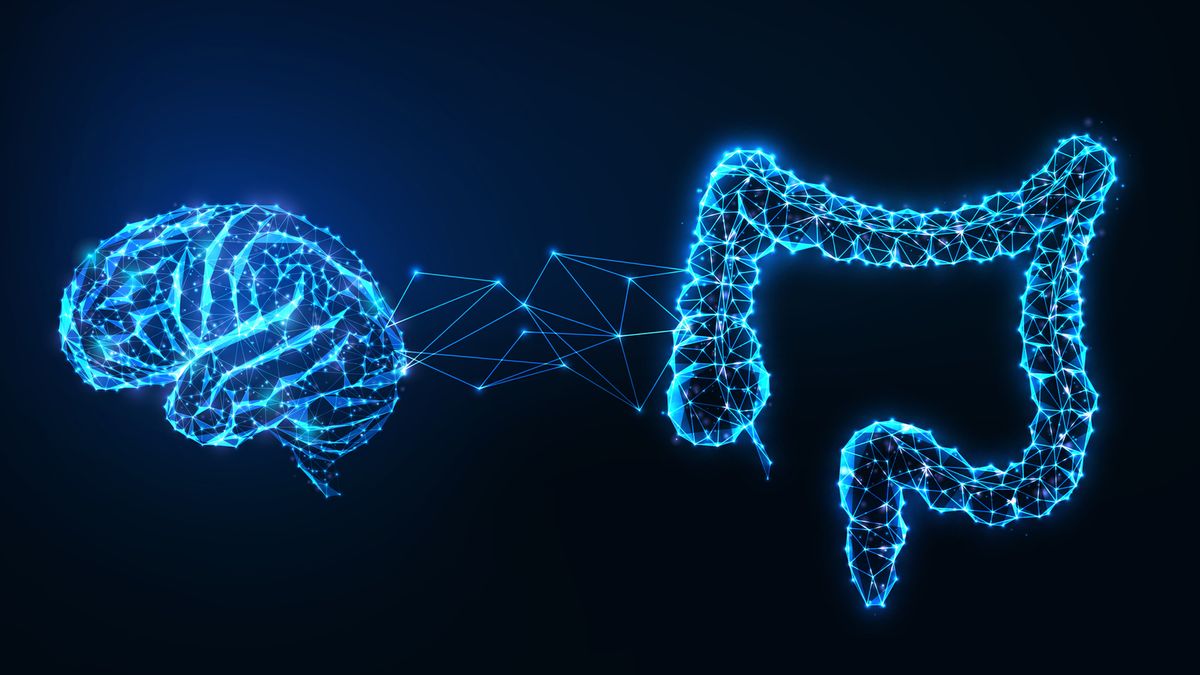The Foundations of Food as Medicine
The notion of food as medicine is not a new concept. Ancient civilizations such as the Greeks, Egyptians, and Chinese recognized the healing properties of certain foods and incorporated them into their medical practices.
Hippocrates, often hailed as the father of medicine, famously stated, "Let food be thy medicine and medicine be thy food." These ancient wisdoms are now being reaffirmed by modern scientific research, shedding light on the intricate connections between diet, health, and disease prevention.
Nutrients: The Building Blocks of Health
The human body requires a diverse array of nutrients to maintain optimal health. These include macronutrients (carbohydrates, proteins, and fats) and micronutrients (vitamins and minerals).
Each nutrient plays a unique role in supporting various bodily functions and maintaining a harmonious balance within our systems.
For instance, vitamin C found in citrus fruits and leafy greens helps boost our immune system and promotes collagen production for healthy skin. Omega-3 fatty acids, abundant in fatty fish like salmon and flaxseeds, have potent anti-inflammatory properties and are beneficial for heart health.
Antioxidants, found in colorful fruits and vegetables, protect against cell damage caused by free radicals and help reduce the risk of chronic diseases such as cancer and cardiovascular conditions.
Preventing and Managing Chronic Diseases
The relationship between diet and chronic diseases, such as obesity, diabetes, cardiovascular disease, and certain cancers, is well-established. A poor diet high in processed foods, added sugars, unhealthy fats, and low in essential nutrients has been linked to an increased risk of developing these conditions.
On the other hand, a nutrient-dense, whole-foods diet has been shown to have a protective effect, reducing the risk and progression of chronic diseases.
Research has demonstrated that specific dietary patterns, such as the Mediterranean diet or the DASH (Dietary Approaches to Stop Hypertension) diet, can significantly lower the risk of heart disease, stroke, and diabetes.
These diets prioritize whole grains, fruits, vegetables, lean proteins, and healthy fats while limiting processed foods, added sugars, and sodium. By adopting such dietary patterns, individuals can harness the power of food to support their health and well-being.
The Gut-Brain Connection
Emerging research has also shed light on the intricate relationship between the gut and the brain, known as the gut-brain axis. The gut microbiota, a complex ecosystem of microorganisms residing in our digestive system, plays a crucial role in this connection.
Recent studies suggest that imbalances in the gut microbiota can contribute to mental health disorders such as anxiety and depression. Diet plays a pivotal role in shaping the composition and diversity of the gut microbiota.
A diet high in fiber, found in fruits, vegetables, and whole grains, promotes the growth of beneficial bacteria and enhances gut health. On the other hand, a diet rich in processed foods and low in fiber can disrupt the delicate balance of the microbiota, potentially leading to various health issues.
Functional Foods and Phytochemicals
Certain foods, often referred to as functional foods, contain bioactive compounds that provide additional health benefits beyond basic nutrition. These bioactive compounds are known as phytochemicals, which are naturally occurring substances found in plants.
Phytochemicals have been studied extensively for their potential health-promoting properties, including antioxidant, anti-inflammatory, and anticancer effects.
For example, turmeric contains a phytochemical called curcumin, which has potent anti-inflammatory and antioxidant properties. It has been studied for its potential role in reducing the risk of chronic diseases such as heart disease, cancer, and Alzheimer's disease.
Similarly, green tea contains catechins, a type of phytochemical that has been associated with various health benefits, including improved cardiovascular health and a reduced risk of certain types of cancer.
Harnessing the Healing Power of Food
Now that we understand the fundamental role of nutrition in supporting our health, how can we effectively harness the healing power of food?
Emphasize Whole, Nutrient-Dense Foods: Opt for a diet rich in whole foods such as fruits, vegetables, whole grains, legumes, lean proteins, and healthy fats. These foods provide a wide range of essential nutrients, fiber, and phytochemicals that support overall health and well-being.
Reduce Processed Foods and Added Sugars
Processed foods often lack essential nutrients and are loaded with unhealthy fats, added sugars, and sodium. Minimize consumption of these foods and focus on whole, unprocessed alternatives.
Personalize Your Plate
Each person's nutritional needs may vary, depending on factors such as age, sex, activity level, and existing health conditions. Work with a registered dietitian or healthcare professional to create a personalized nutrition plan that meets your specific needs.
Incorporate Functional Foods
Integrate functional foods rich in phytochemicals into your diet. Examples include berries, cruciferous vegetables (broccoli, cauliflower), garlic, ginger, and turmeric. These foods can provide additional health benefits and support disease prevention.
Mindful Eating
Cultivate a mindful approach to eating by paying attention to your body's hunger and fullness cues. Eat slowly, savor each bite, and engage all your senses in the eating experience. This practice enhances digestion and allows you to develop a healthier relationship with food.
Experiment with Food-Based Therapies
Explore food-based therapies such as herbal medicine, Ayurveda, and Traditional Chinese Medicine. These ancient practices utilize specific foods, herbs, and spices to address various health conditions and restore balance within the body.
Seek Professional Guidance
If you have specific health concerns or medical conditions, consult with a healthcare professional or registered dietitian. They can provide personalized recommendations tailored to your needs and ensure that any dietary changes align with your overall treatment plan.
Remember, every bite we take is an opportunity to nourish our bodies and support our well-being. Let us embrace food as medicine and harness its potential to live healthier, happier lives.
Written by- Samriddhi Gauniyal
Edited By- Akshita Bist













0 Comments